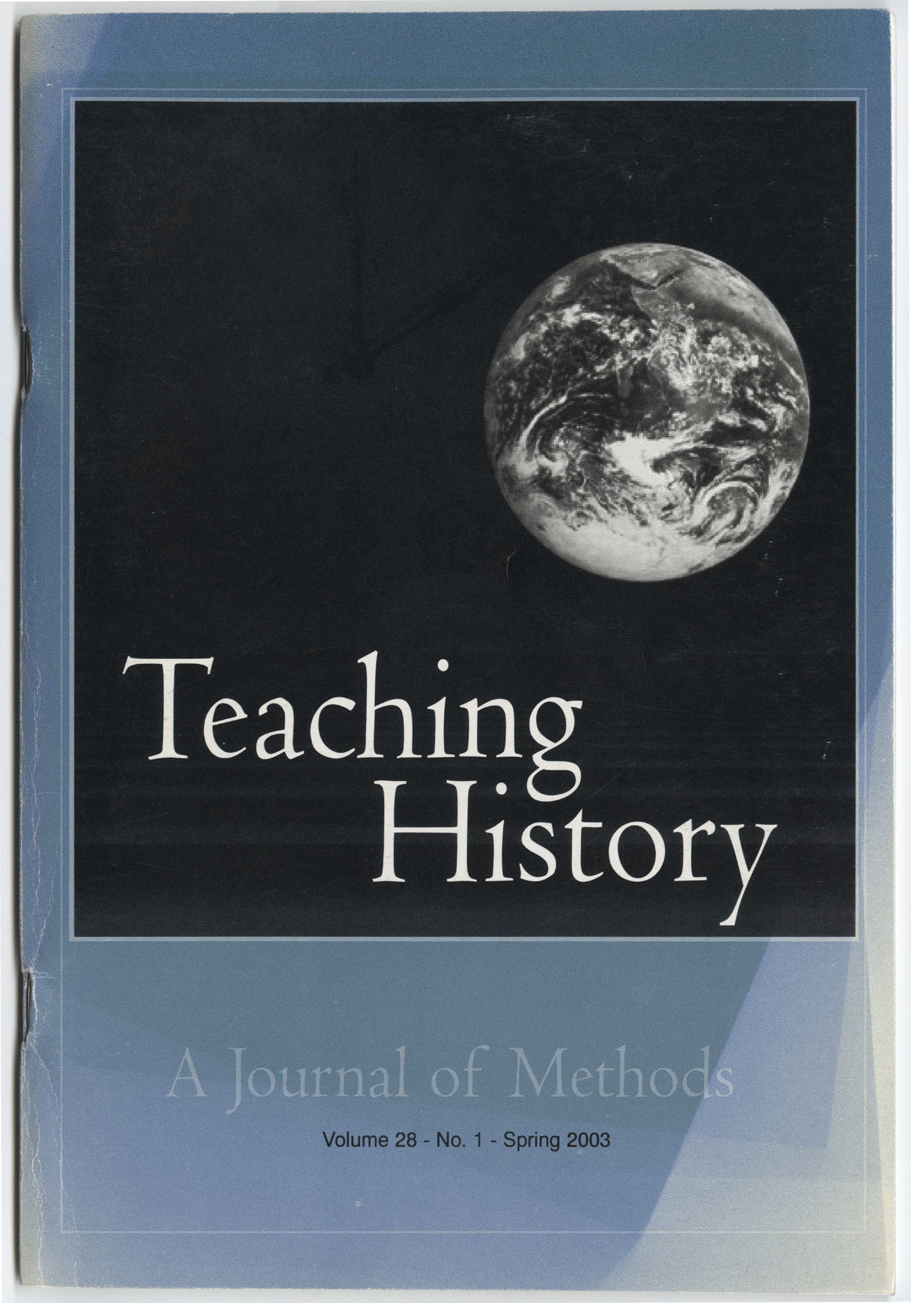Exploring The Atlantic World
An Experiment In Teaching An Emerging Paradigm
DOI:
https://doi.org/10.33043/TH.28.1.3-13Abstract
"The Atlantic World" is an emerging perspective in early American history, one that blends nicely with contemporary interest in globalization. 1 This field is an exploration of connections that formed among Africa, Europe, and the Americas between c. 1500 and c. 1800, not only of the political and economic links engendered by colonization, but also the ecological, social, and cultural impacts of initial contact and subsequent interconnections. At the same time, scholars are exploring comparative history within the region, particularly through seminal topics such as gender and religion. Historians thus far have found the paradigm stimulating. For example, the model offers hope of rescuing English history from critics who accuse it of insularity and African history from those who would continue to ignore that vast continent's active role in world history. Yet it is also a conceptualization whose implications are only beginning to be worked out by European, African, and American historians.
Downloads
Downloads
Published
How to Cite
Issue
Section
License
Copyright (c) 2003 Annette Laing

This work is licensed under a Creative Commons Attribution-NonCommercial-NoDerivatives 4.0 International License.
By submitting to Teaching History, the author(s) agree to the terms of the Author Agreement. All authors retain copyrights associated with their article or review contributions. Beginning in 2019, all authors agree to make such contributions available under a Creative Commons Attribution-NonCommercial-NoDerivatives 4.0 International license upon publication.



